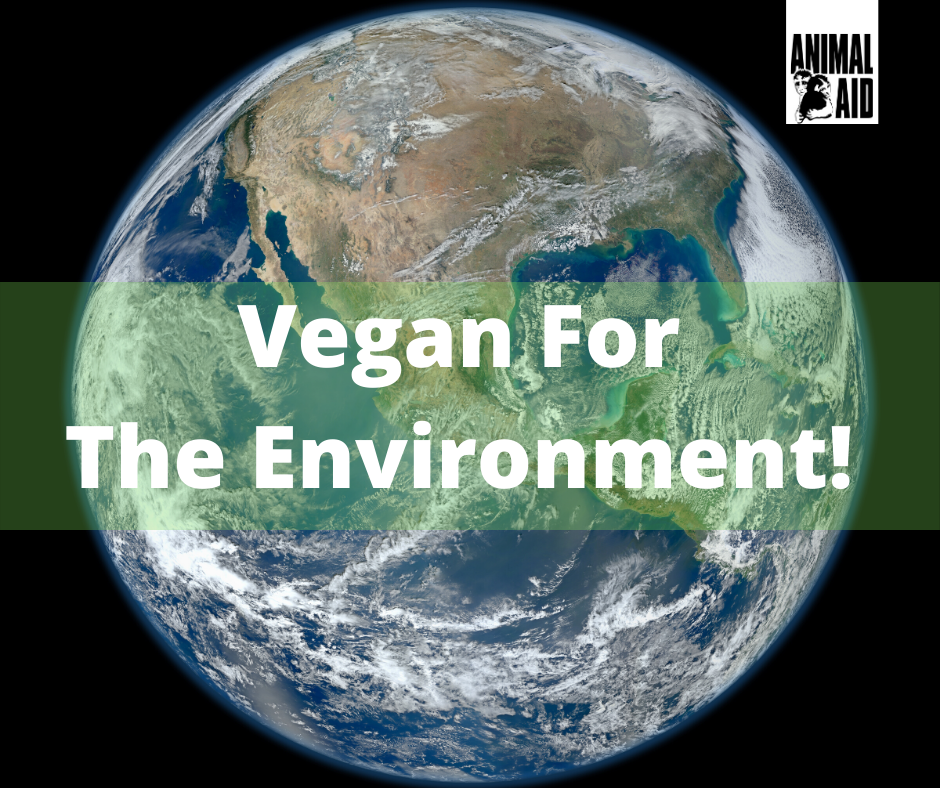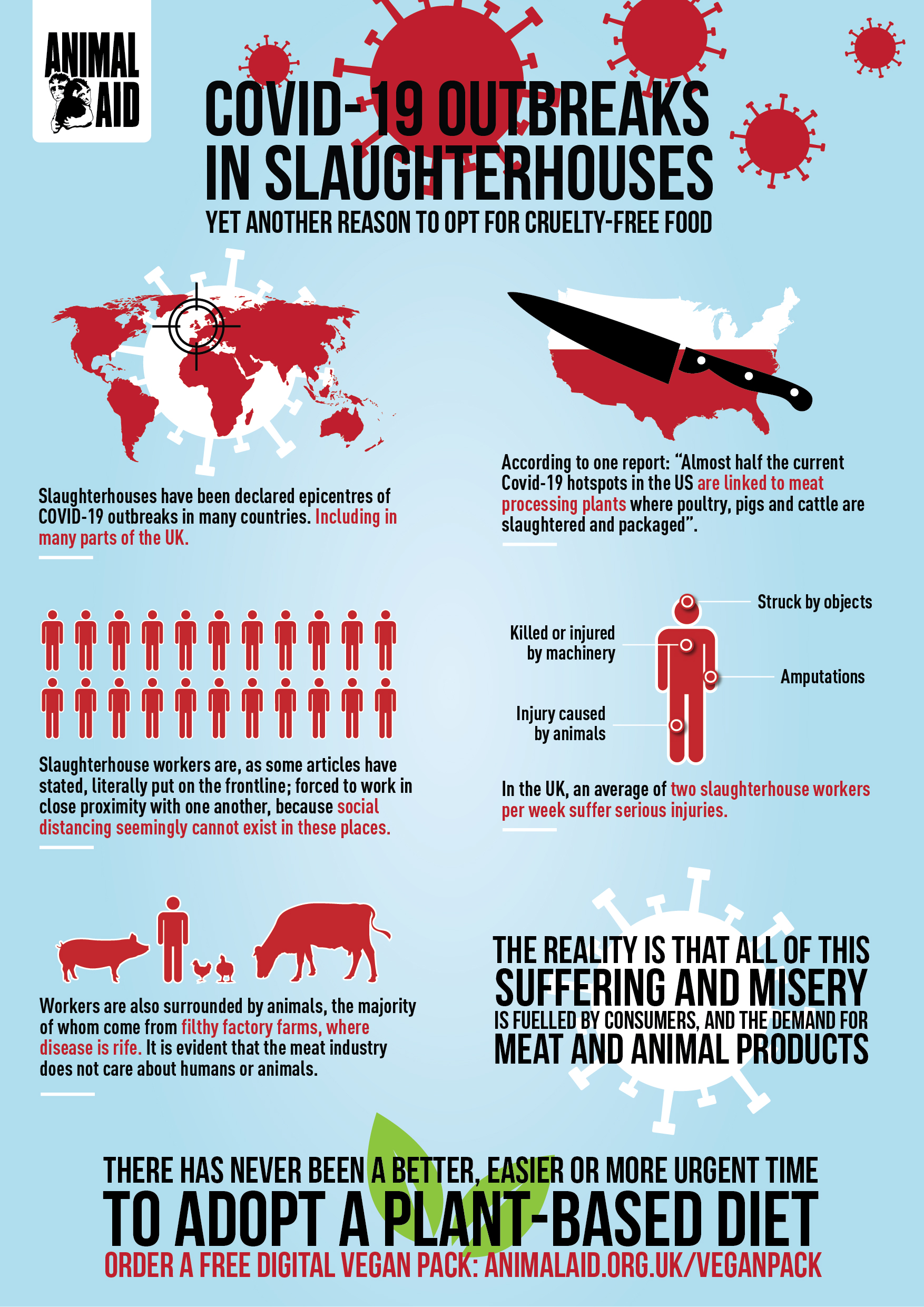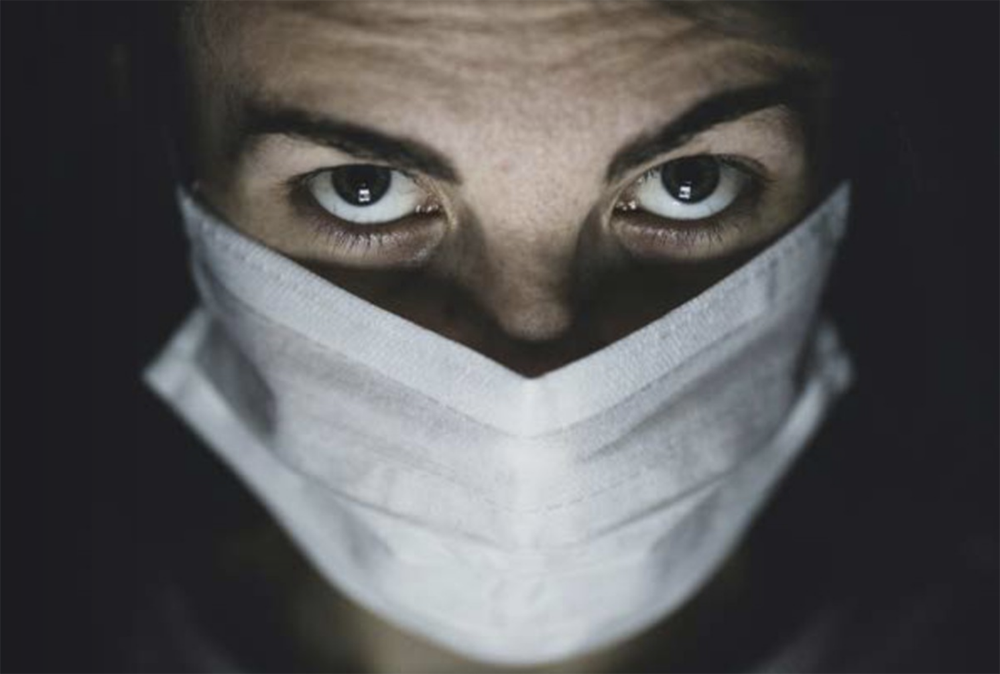Going vegan for human rights
There are many reasons to go vegan, and helping fellow human beings is one of them.
Climate change
Climate change affects us all, but those who are worst affected tend to be poorer people. Animal agriculture is one of the leading causes of greenhouse gas emissions, fresh water use, land use and water pollution. By going vegan and reducing your impact on the environment, you’ll also be helping others.

World Hunger
Globally, we produce enough calories to feed around 9 billion people, but a third of edible crops are fed to farmed animals. This is an inefficient way to produce food – farming animals uses more than 80% of farmland but produces just 18% of total calories.
Staple foods like grain, soya and corn are often grown in poorer regions of the world and then used as animal feed, which reduces the global food supply whilst having a huge impact on those poorer regions. In short, feeding those crops directly to humans would be much more effective than feeding them to farmed animals.
And whilst a shift towards plant-based foods is not the only solution to world hunger (there are of course many factors at play), it is a necessary component.
For further information, please see A Well-Fed World.Slaughterhouse workers suffer, too
Research has shown that those who slaughter animals for a living suffer high rates of mental health problems, such as depression and PTSD, and can also be more susceptible to drug and alcohol dependency – one can imagine that this is due to the stressful and horrific nature of their roles.
Many slaughterhouse workers are migrant workers, working long hours in terrible conditions for very little pay. Their roles also put them in grave danger of suffering injuries. In the UK, an average of two slaughterhouse workers per week suffer serious injuries.
During the COVID-19 pandemic, it was widely reported that slaughterhouses were at the centre of outbreaks, spreading the virus to many communities – the media reported slaughterhouse workers as being ‘put on the frontline’.

To help protect life-preserving medicines
Antibiotic resistance occurs when the germs no longer respond to the antibiotics designed to kill them. There were 61,000 antibiotic-resistant infections in England in 2018, a nine per cent rise from the previous year.
Antibiotics are often given to intensively farmed animals in an effort to keep them alive just long enough to make it to the slaughterhouse. Globally, more antibiotics are given to farmed animals than are used to treat people, and this over-use is causing further antibiotic resistance. They have been used so frequently that dangerous pathogens have now mutated and become resistant to them.
Diseases caused by antibiotic resistant bacteria are dangerous to us all, but they are a particular threat to vulnerable populations, such as cancer patients and the elderly.
The World Health Organisation (WHO) has stated that antibiotics are already failing and that ‘without urgent action we are heading for a post-antibiotic era in which common infections and minor injuries can once again kill’.
In September 2016, an investigation by the coalition group ‘Save Our Antibiotics’ revealed E.coli resistant to multiple crucial antibiotics on pig and chicken meat from seven major UK supermarkets. They also later reported in 2019 that some supermarkets still haven’t told their suppliers to stop using antibiotics routinely and revealed that only two out of the ten supermarkets explicitly ban the use of the last-resort antibiotic colistin (namely M&S and Waitrose).
Worryingly, some common infections of the kidneys, bloodstream or bladder may become untreatable and common medical procedures such as hip replacements or prostate biopsies could become extremely risky. Widespread adoption of a plant-based diet could help mitigate some of this risk.
